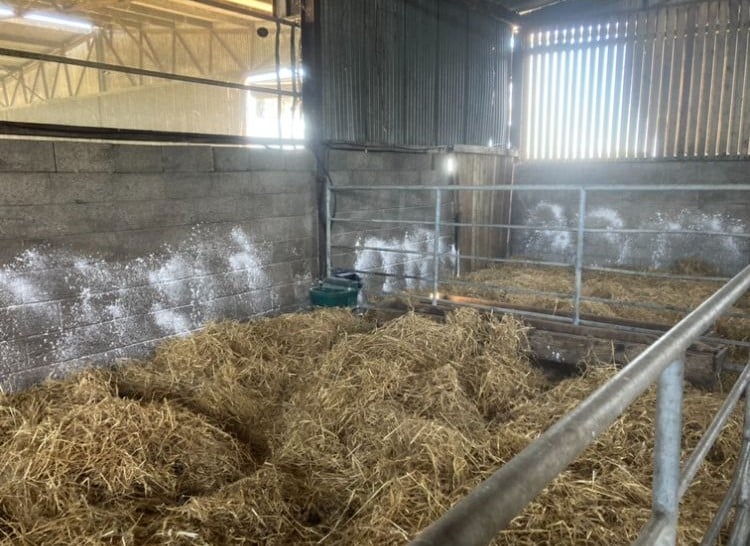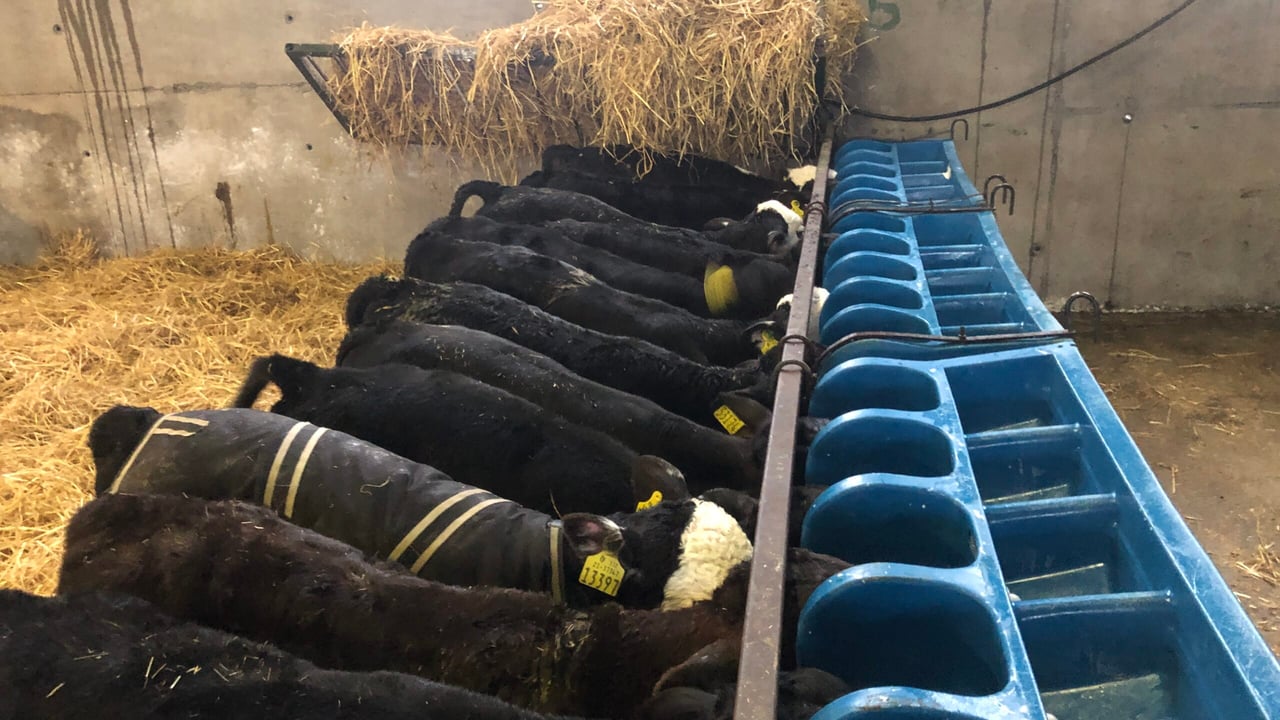Advantage Beef Programme

ABP Food Group's Advantage Beef Programme farm liaison officer Sean Maher explained the purchasing strategy for calves on the demonstration farm this year.
"This year, the ABP Demo Farm aims to purchase 20 calves from 20 different sires," he said.
"These calves will be sired by the top young bulls on the Gene Ireland Dairy Beef panel."

The first calves arrived to the farm last year on February 10. The first calves of 2023 are expected to arrive on the farm next week.
Over the winter months, calf-rearing sheds are used to house straw. This straw has since been used for bedding and feed, and the disinfection of the sheds and the erection of calf pens has been carried out.
Commenting on the farm's preparation, Maher said: "Firstly, we power hose the sheds, disinfect the walls and floors and allow plenty of time for the shed to dry out. The walls will then be whitewashed.
"Teats are all changed in the milk feeders and milk carts are washed out and sterilised.
"Hygiene is one of the most important aspects to focus on in the business of rearing calves."
Looking back on last year, Maher said that the farm's calf rearing "went well". The 2022 calves grew by 0.75kg/day on milk, which is on target for the farm.
The farm operates a once-a-day (OAD) feeding system and calves are fed at 7:00a.m every morning.
Sean said that with OAD feeding “it is very important to be consistent with feed times”.
“There has been no change in calf performance since switching from twice-a-day feeding to OAD feeding,” he added.
The farm does not plan on changing its calf-rearing strategy this coming year.
2022-born calves had an average arrival weight of 61kg last year and consumed 28kg milk powder/calf.
The farm does not wean calves off milk based on weight, it weans on starter concentrate intake.
Sean said: "Ideally, the calf will be eating 2kg of concentrates to replace its milk intake without suffering a setback."
On the vaccination protocols for the calves arriving on the farm, Sean said: "The plan for this year is for calves to receive their first intranasal pneumonia vaccine on their farm of origin, rather than 24 hours after arrival to the demo farm, which was the case other years.
"Pre-arrival vaccination may not be possible for every farmer buying dairy-beef calves but it's definitely worth discussing with your vet as the stress of travelling to a new farm can impact a calf’s immune system."
Maher outlined a few points for farmers to consider when rearing calves this spring and noted that the suggestions are based on findings from the calf-rearing operation on the ABP Demo Farm.
Tips for farmers rearing calves this spring:
- Hygiene: Clean buckets, feeders, pens and a dry bed are half the battle for rearing calves. Straw is not cheap but it serves a huge purpose in warming the calf on and keeping ammonia out of the air and out of the calf’s airways;
- Milk replacer: Milk replacer is a costly input but cutting corners and purchasing lower-quality milk powder will cost in the long term. Milk replacers should have high levels of animal-sourced proteins, not vegetable proteins as these are the more digestible to the calf. If having any issue understanding the label of a milk replacer, the Advantage Beef Programme farm liaison staff can help;
- Genetics: The importance of the sire and the dams' genetics cannot be underestimated. Before purchasing calves this year, farmers should take another look at the herd of birth. As of the January 1, this year, there was a 60kg difference between the calves from the top herd of purchase and the bottom herd of purchase. While beef farmers cannot change the dairy farmer’s cow type, calf rearers can be more selective in their purchase of beef calves. The influence of the sire has the potential to widen or narrow that 60kg weight difference figure;
- Buy wisely: Beef farmers purchasing calves should aim to purchase calves from the highest carcass weight and conformation bulls available. The Commercial Beef Value (CBV) is a useful tool, but is only available for calves that have a valid genotype.
Maher emphasised that by having more information about the sire and dam-type of calves, farmers can be more certain of buying beef calves that will perform well.
The 2022-born cattle are expected to be turned out to grass in the coming weeks. 2023-born calves are expected to begin arriving at the farm next week.
The average farm grass cover on the ABP Demo Farm is currently at 600kg dry matter (DM)/ha as of the end of January.
The farm's store lambs have been grazing over the winter. The protocol for finishing lambs on the farm is to draft lambs for slaughter at 50kg with the aim of securing an average carcass weight of 23kg.
The first of the lambs were slaughtered at the end of January at Irish Country Meats (ICM) Camolin, Co. Wexford.
